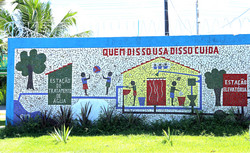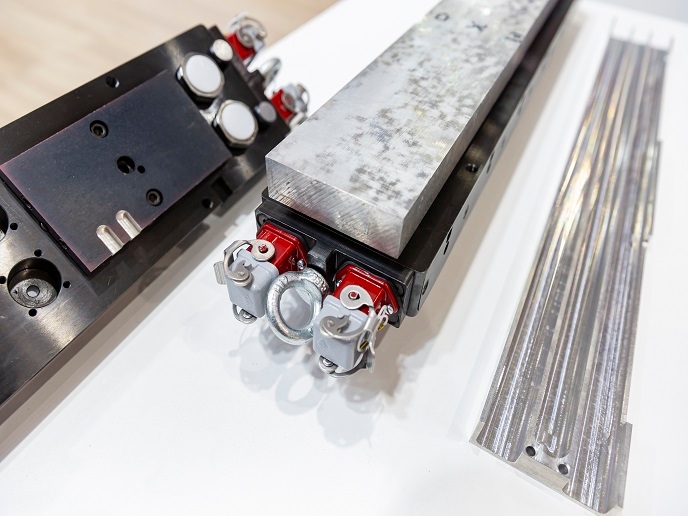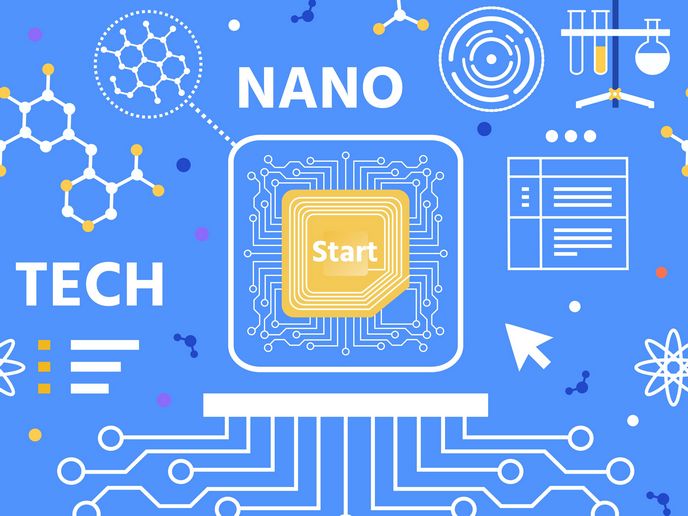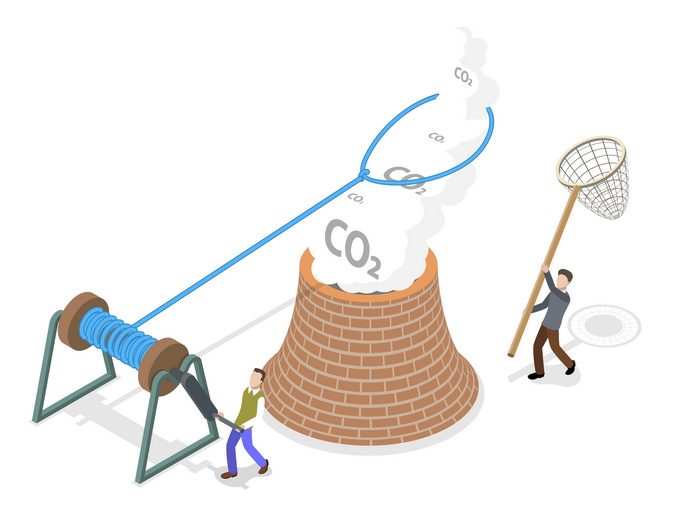Solutions to eradicate inequalities in water and sanitation services
The EU-funded DESAFIO (Democratisation of water and sanitation governance by means of socio-technical innovation) project tackled structural social inequalities and injustices plaguing access to these services. Overall, the goal was to support social transformation regarding access to safe water supply and sanitation in the region's urban and rural areas. DESAFIO targeted three areas in need of improvements: interdisciplinary coordination between social, natural and technical disciplines, and the involvement of citizen-users and other actors in research; improved inter-sector collaboration at different levels and areas of government; and democratic politics rather than short-term market and partisan interests in the running of WSSs. To achieve its goals, DESAFIO actively engaged civil society, government and other relevant organisations in the preparation, execution, monitoring, validation and dissemination of socio-technical innovations. Project partners assessed strategies for sustainable socio-technical innovations by examining 10 case studies identified in Argentina, Brazil and Colombia. The cases include past and present developments, as well as new interventions. The lessons learned formed a basis for policy design and implementation. The DESAFIO team delivered a set of recommendations to support policy design and implementation, and the development and evaluation of socio-technical innovations in the policy sector. In addition, it identified strategic areas for future research. DESAFIO will have major positive impact on the targeted communities in Latin America. The outcomes will contribute to their empowerment and enhance their capacity to take part in their countries' ongoing processes of democratisation.
Keywords
Water and sanitation services, Latin America, DESAFIO, democratisation, socio-technical innovation







